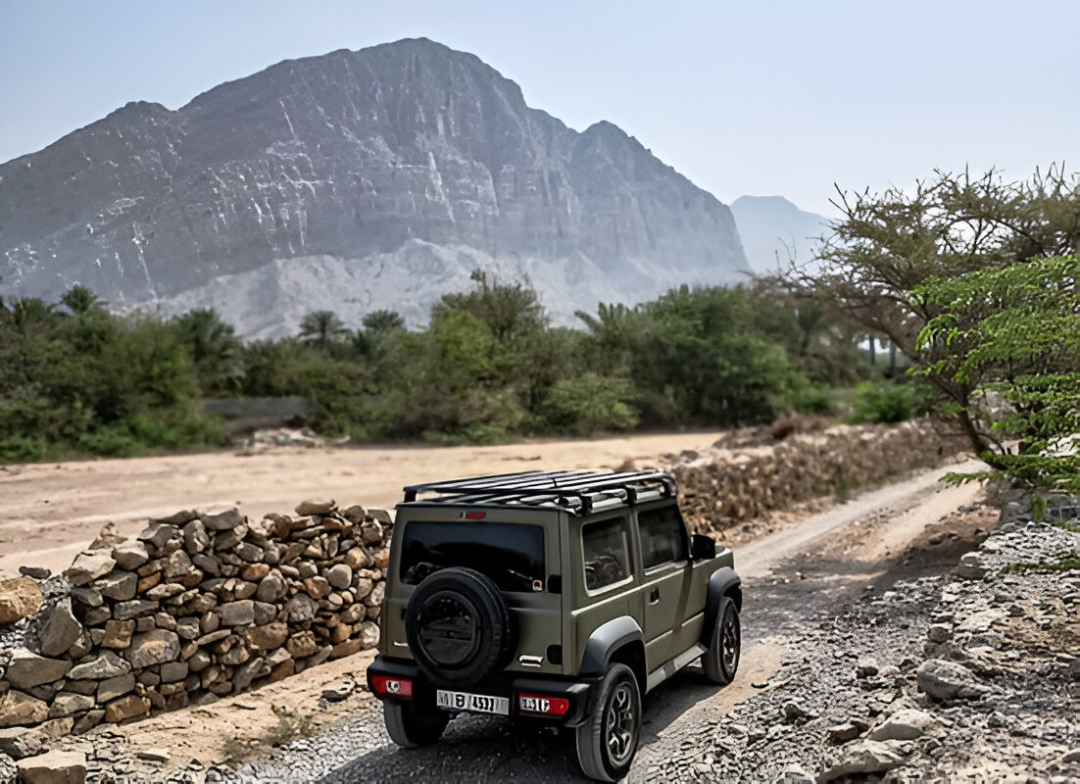
Travel & Tourism
Ras Al Khaimah emerges as booming tourism and real estate hub
Ras Al Khaimah is rapidly transforming into one of the UAE’s most dynamic destinations for tourism and real estate investment. With demand for housing and hospitality on the rise, officials project the emirate’s population will grow from 400,000 to 650,000 by 2030, creating a need for approximately 45,000 new residential units.
Real estate boom driven by major developers
The surge in demand has drawn top developers such as Emaar, Aldar, and Ellington, alongside local giants including Marjan, Al Hamra, and RAK Properties. At the center of this growth is Al Marjan Island, a coastal development where global brands such as Wynn, JW Marriott, Nobu, Missoni, and The Address are building luxury resorts and residences.
Marjan, the master developer, is also spearheading RAK Central, a new commercial hub designed with green building standards and premium office spaces.
Wynn Al Marjan: the game-changer
The announcement of Wynn Al Marjan Island in January 2022—the Middle East’s first integrated gaming resort—marked a turning point for the emirate’s property and tourism sectors. The multi-billion-dollar project, set to open in early 2027, spans nearly 62 hectares and has already fueled sharp increases in property values.
Average sales prices for new apartments surged by 113%, rising from Dh950 to Dh2,020 per square foot, while villa prices jumped by 29% to Dh1,380 per square foot. These gains reflect heightened investor confidence and the transformative impact of the Wynn project.
Rising international demand
Ras Al Khaimah is also attracting significant global interest, with international buyers now accounting for 15–20% of property leads—far higher than the 3–10% typically seen in Dubai or Abu Dhabi.
"Online buyer activity in Ras Al Khaimah has increased sharply, especially from overseas clients," said Cherif Sleiman, Chief Revenue Officer at Property Finder.
Long-term evolution of the property market
The emirate first opened its doors to foreign investors in the early 2000s with new freehold property laws. Landmark projects such as Al Hamra Village and Mina Al Arab gave expatriates the opportunity to own homes, setting the stage for today’s growth.
From 2010 onwards, momentum strengthened further as RAKEZ (Ras Al Khaimah Economic Zone) expanded globally, attracting manufacturing companies with its incentives and zero-tax policy. This industrial expansion, paired with tourism and real estate investment, has positioned Ras Al Khaimah as a thriving hub with global appeal.